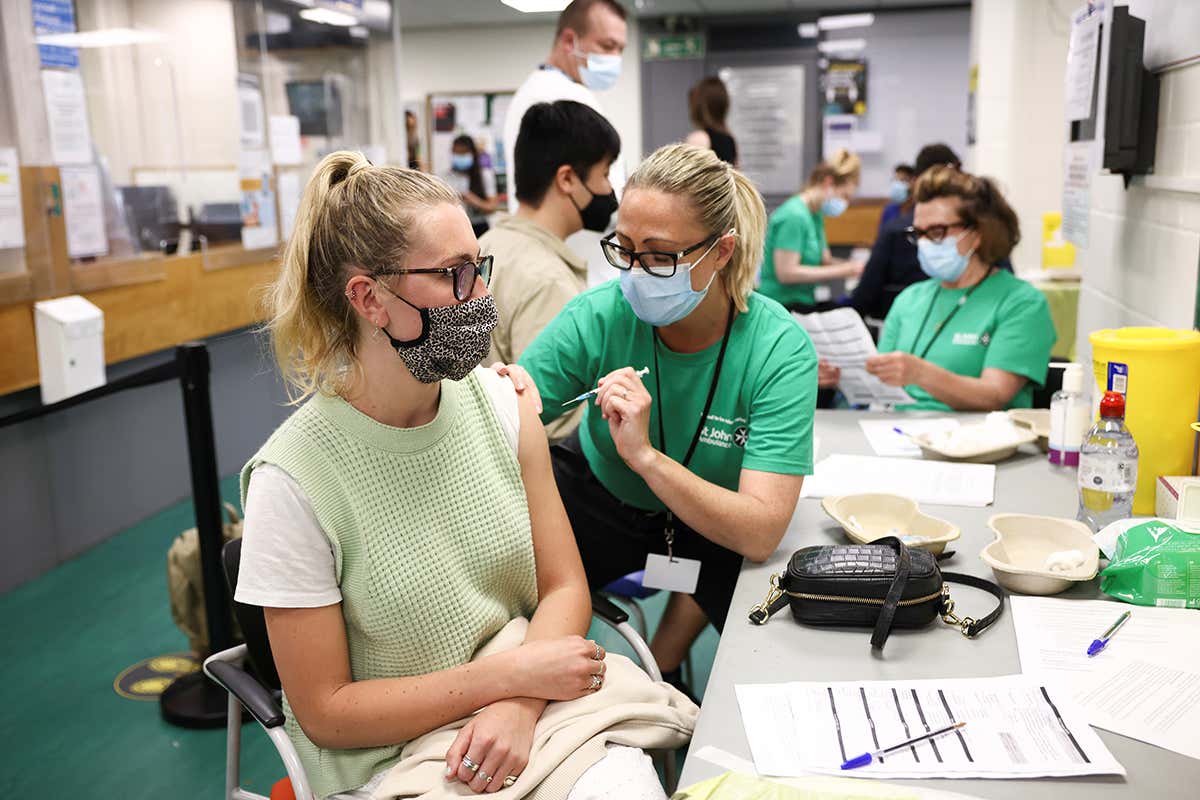Vaccination Risks — Myths and Truths

There is a great debate surrounding the use of vaccinations. Some people believe that they are essential for preventing the spread of disease, while others believe that they are more harmful than helpful.
And while it is true that they can cause some side effects, these are rare, and the benefits greatly outweigh the risks. Vaccines have done so much to improve the human race’s health, and future generations must continue to get them.
The following myths and truths about vaccines should help you understand their importance – why you should keep your child up-to-date on vaccinations and why you shouldn’t be swayed by wrong information out there regarding vaccination risks.
Myth #1 Vaccines cause autism
Though a British study in 1998 found a link between children who had received the MMR vaccine and the onset of autism, countless further studies have been done that refute this claim. In 2004, the researcher from that original study lost his medical license for falsifying data surrounding the link between the measles vaccine and autism.
Since then, every single reliable scientific study has concluded that there is no link between vaccines and autism. The myth likely started because a few vaccinated children developed a fever, which led some parents to think their children had autism afterward.
Unfortunately, this led many parents of autistic children to blame the vaccine. The idea was so widely believed that it nearly caused a drop in vaccination rates, which significantly contributed to the resurgence of many previously eradicated diseases.
Myth #2 Vaccines cause other diseases
Many people believe that vaccines cause SIDS or even cancer later, but this is entirely untrue. As already discussed concerning autism, most claims of links between vaccines and other conditions have been thoroughly debunked.
SIDS, for example, is most likely to happen at a time when children aren’t getting vaccines – it isn’t the vaccine that causes SIDS; it just so happens that all of these things are happening around the same time.
Truth #1 Getting vaccinated protects you and others
You may think that vaccine-preventable diseases are things that only happen to other people – but even if that were true, you would still be putting yourself in danger by not getting vaccinated. If too many people choose not to get vaccines, it creates the opportunity for outbreaks of dangerous yet preventable diseases like measles and whooping cough (pertussis).
If their symptoms are left unchecked, these diseases can be deadly. And since it takes just one person to travel overseas and bring back a condition that could spark an outbreak, you are putting everyone at risk by not getting your vaccinations.
Truth #2 Vaccines have saved countless lives
Vaccination has done so much for the human race’s health – it has saved millions of lives, prevented countless injuries, and stopped the spread of many diseases. Since the first vaccines were developed, they have proven to be one of the most effective public health tools ever created.
Vaccines are responsible for substantially reducing rates of just about every disease out there, including polio, smallpox, influenza, measles, whooping cough, tuberculosis, hepatitis A, and even COVID-19. If not for such vaccines, urgent care centers and hospitals will be more overwhelmed with these diseases.
A Societal Effort to Achieve Herd Immunity
Herd immunity is the idea that if everyone in a society gets vaccinated, it will protect people who can’t get them or who have weak immune systems. This concept works on the same principle as when you get a flu shot; you still might catch the flu, but it won’t be quite as bad because your body has been prepared to fight it off.
When far too many people refuse to get vaccinated, though, the entire community is put at risk – children who are too young for vaccines, pregnant women, and people with compromised immune systems can all be endangered by an outbreak of these preventable diseases. That’s why it’s important to solve the vaccine debate.
Solving the Problem of Vaccine Hesitancy and Refusal
There are a few ways to solve the problem of vaccination hesitancy and refusal today. One solution is to increase awareness of the dangers of not getting vaccinated. This can be done by sharing more information about the benefits of vaccines and why they are so important. The risks that come with not getting vaccinated, such as the risk of outbreaks and contracting a deadly disease, should also be mentioned.
Another way to solve the problem is to make it easier for people to get vaccinated. This could mean making vaccines more affordable or making it easier for people to get an appointment at the doctor’s office. It could also mean increasing access to vaccines by providing them in public settings such as libraries and schools.
The advantages of vaccinations outweigh the disadvantages if there are any. Vaccinations have saved millions of lives and will continue to do so in the future. So before you get swayed by anti-vaccine myths and misinformation, do your research. Your health depends on it.